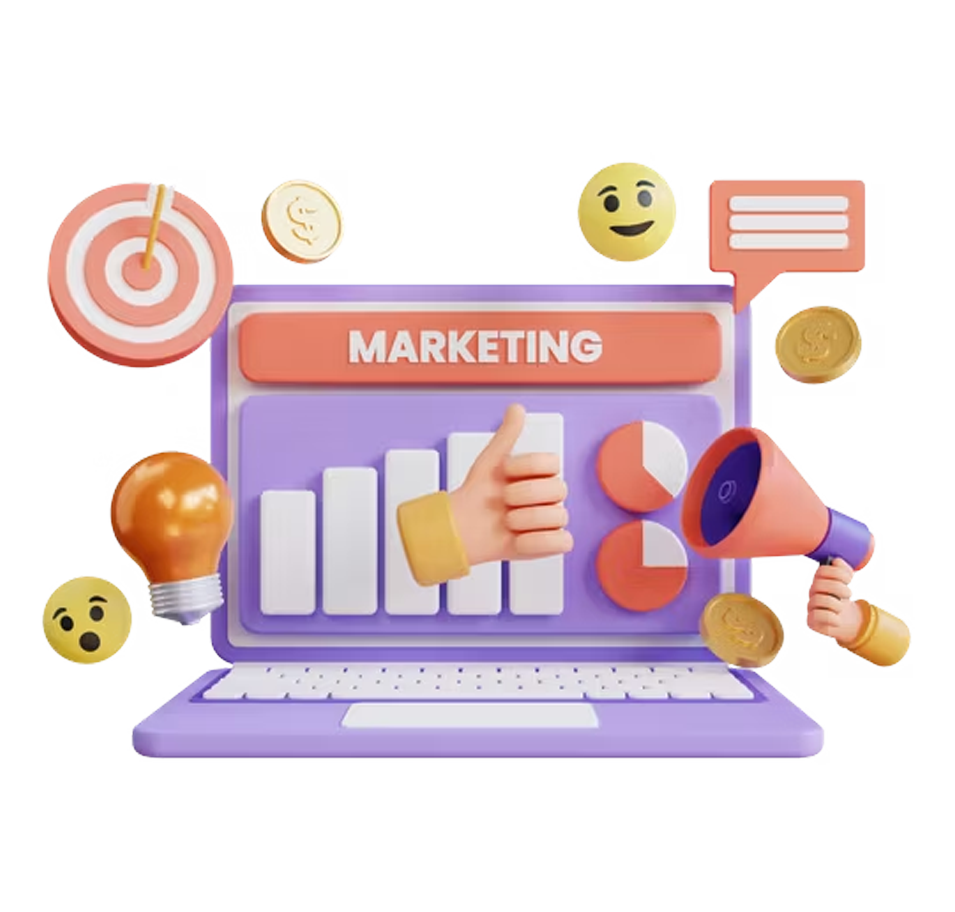Introduction to Digital Marketing
In today's internet-driven world, digital marketing is constantly changing and has become critical. It refers to using digital channels to market goods and services to consumers. This article examines several aspects of digital marketing, such as its methods and media.
Digital marketing is a dynamic and evolving field that leverages internet-based channels to promote products, services, and brands. Unlike traditional marketing, which relies on conventional media like television, radio, and print, digital marketing harnesses the power of online platforms to reach a global audience. This form of marketing encompasses various strategies and tactics, making it a versatile and cost-effective way for businesses to connect with their target customers.
Key Components of Digital Marketing:
- Search Engine Optimization (SEO): SEO involves optimizing a website's content and structure to improve its visibility on search engines like Google. The goal is to increase organic (non-paid) traffic and enhance the website's ranking in search results.
- Social Media Marketing (SMM): SMM utilizes social media platforms like Facebook, Instagram, Twitter, and LinkedIn to build brand awareness, engage with the audience, and drive website traffic. It involves creating and sharing content on these platforms to connect with the target audience.
- Content Marketing: Content marketing focuses on creating valuable and relevant content to attract and retain a target audience. This can include blog posts, articles, videos, infographics, and more. The aim is to establish the brand as an authoritative and trustworthy source in its industry.
- Email Marketing: Email marketing involves sending targeted messages to a specific group of people to promote products, share updates, or build relationships. It is a direct and personalized communication channel that can be highly effective when used strategically.
- Pay-Per-Click (PPC) Advertising: PPC advertising allows businesses to place ads on search engines and other platforms, paying only when users click. This model provides a measurable way to drive traffic to a website and generate leads.
- Affiliate Marketing: In affiliate marketing, businesses partner with individuals or other companies (affiliates) who promote their products or services and earn a commission for each sale or lead generated through their efforts.
- Analytics and Data Analysis: Digital marketing relies heavily on data to measure the effectiveness of campaigns. Analyzing metrics such as website traffic, conversion rates, and customer behavior helps marketers make informed decisions and optimize their strategies.



